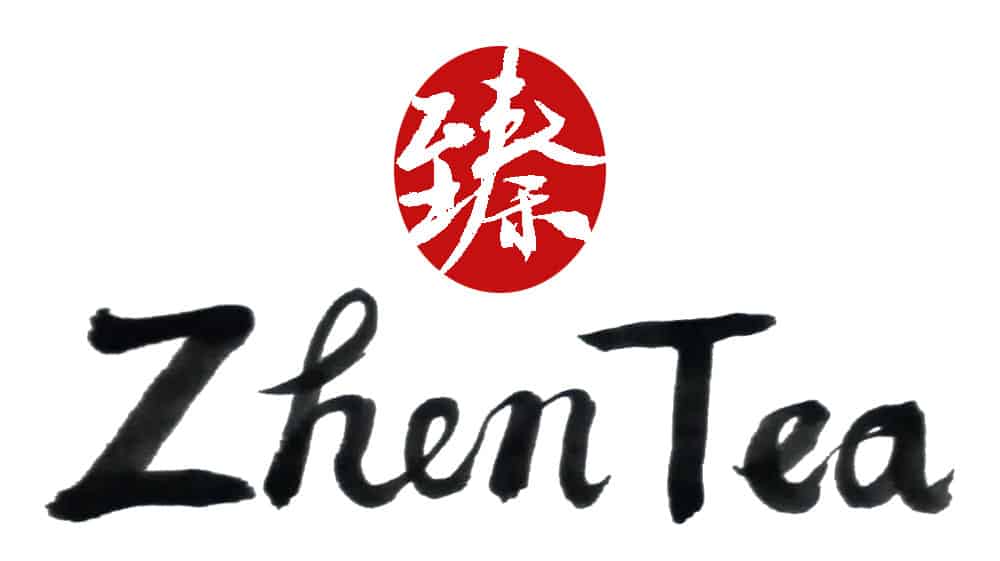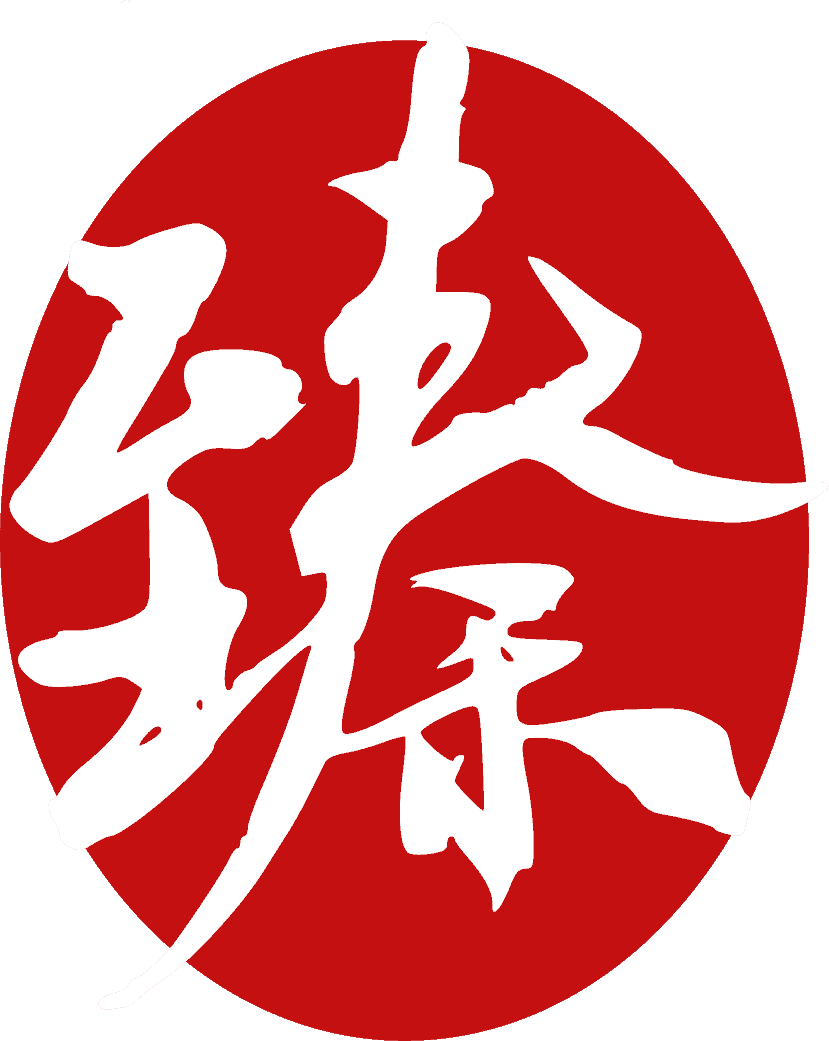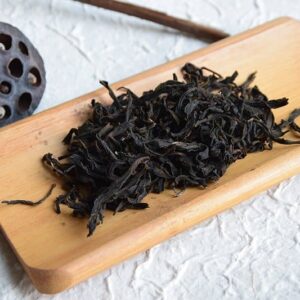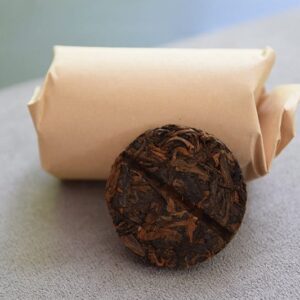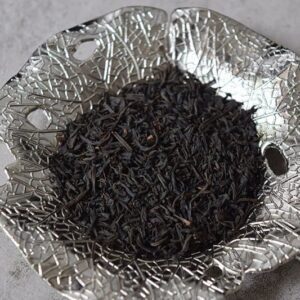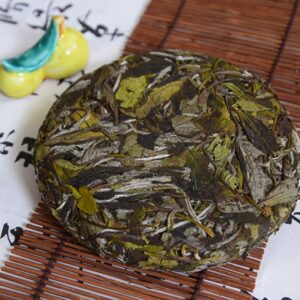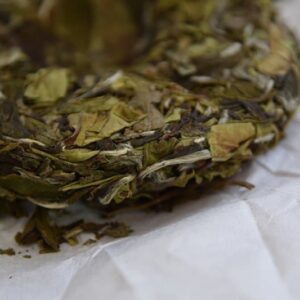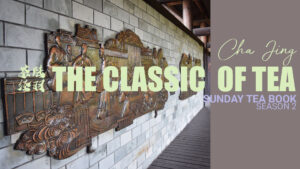Water
Good tea depends on good water, just as the old saying goes “water is the mother of tea”.
Water is the mother of tea
Ancient water discussion
Good tea needs good water. It was summarized in ancient times: the performance of a tea’s character depends on water. Good water brings out the full shine of a tea, ,but even good tea can’t shine when the water is mediocre.
Tea Sage Lu Yu pointed out in Classic of Tea: “For water, mountain spring water is the best, river water is ok, well water is no good”. Emperor Hui Zong of the Song Dynasty in Treatise on Tea states water should be pure, light, sweet, and clean. Xu Cishu of the Ming Dynasty says the essence of tea needs help from the water to render, without water, there’s no tea.
No matter the tea, without good water, is like an instrument without a player, there’s still no music.
Modern people’s water for tea brewing
Living in modern cities, modern people don’t have access to mountain spring water even if they know it’s better. Tap water and store-bought spring water is what most people use to brew. If possible, use a water filter. It will lower the mineral content like calcium and magnesium, making it better for tea brewing.
To deal with odors in the water, try storing the water in a container overnight. Wait till the chlorine smell goes away then boil the water. It will be better.
There is also purified water, the ph of water is neutral. Tea brewed with this water has a rich aroma, a pure taste, and no odor, or undesired taste.
-
Tie Guan Yin Classic
Price range: $16.00 through $59.00
hy is mountain spring best for tea brewing?
This is because mountain spring water has penetrated many layers of granite, which acts as a filter, sifting out impurities. The water is clean, soft, and sweet with many substances. Brewing tea with such water makes te tea liquor bright and fully displays the tea’s color, aroma, and taste.
Boil water scientifically makes tea better
Water temperature requirements for brewing different types of tea:
High temperature (95ºC~100º | 203ºF~212ºF):
Usually use to brew full leaf oolong tea, such as Bao Zhong, Dongding, Tie Guan Yin, Shui Xian, Wuyi Yan Cha, and post-fermented Pu’er tea. In these types, if the leaves are plucked young, the water temperature needs to be lowered, while if the leaves are mature, the temperature should be high.
Mid temperature (85ºC~90ºC | 185ºF~194ºF):
Usually use to brew tender oolongs like Bai Hao Wu Long, or full leaf green tea like Gua Pian. Also used for some white tea and black tea that has tender buds but is heavily withered.
Low temperature (80ºC~85ºC | 176ºF~194ºF):
Use to brew tender green tea like Long Jing, Bi Luo Chun, and yellow tea.
-
Guan Yin Hong
Price range: $10.00 through $36.00 -
Shu Pu’er Coins
Price range: $18.00 through $167.00 -
Traditional Keemun
Price range: $5.00 through $15.00
Factors that affect brewing temperature
The brewing temperature is also affected by:
Teapot temperature
Whether the teapot is warmed up or not affects the water temperature of tea brewing. When pouring hot water in an unwarmed teapot, the water temperature will lower by about 5ºC. So if the teapot wasn’t warmed up, the water temperature must be higher or prolong the brewing time.
Rinsed
When brewing tea, the first time pouring water in the teapot and pouring out instantly is called a rinse (wen run pao). The purpose of rinsing is to slightly unfold the rolled tea leaves so that the first infusion will release the proper color, flavor, and aroma. After the rinse, the tea absorbs the heat so the substances in the tea will be released faster in the first infusion. So be sure to make the rinse brew quick.
Refrigerated
If the tea is refrigerated or frozen, be sure to take the tea out in advance to warm up to room temperature, then brew.
-
Bai Mu Dan Cake 2018
Price range: $14.00 through $42.00 -
Shou Mei
Price range: $29.00 through $269.00
